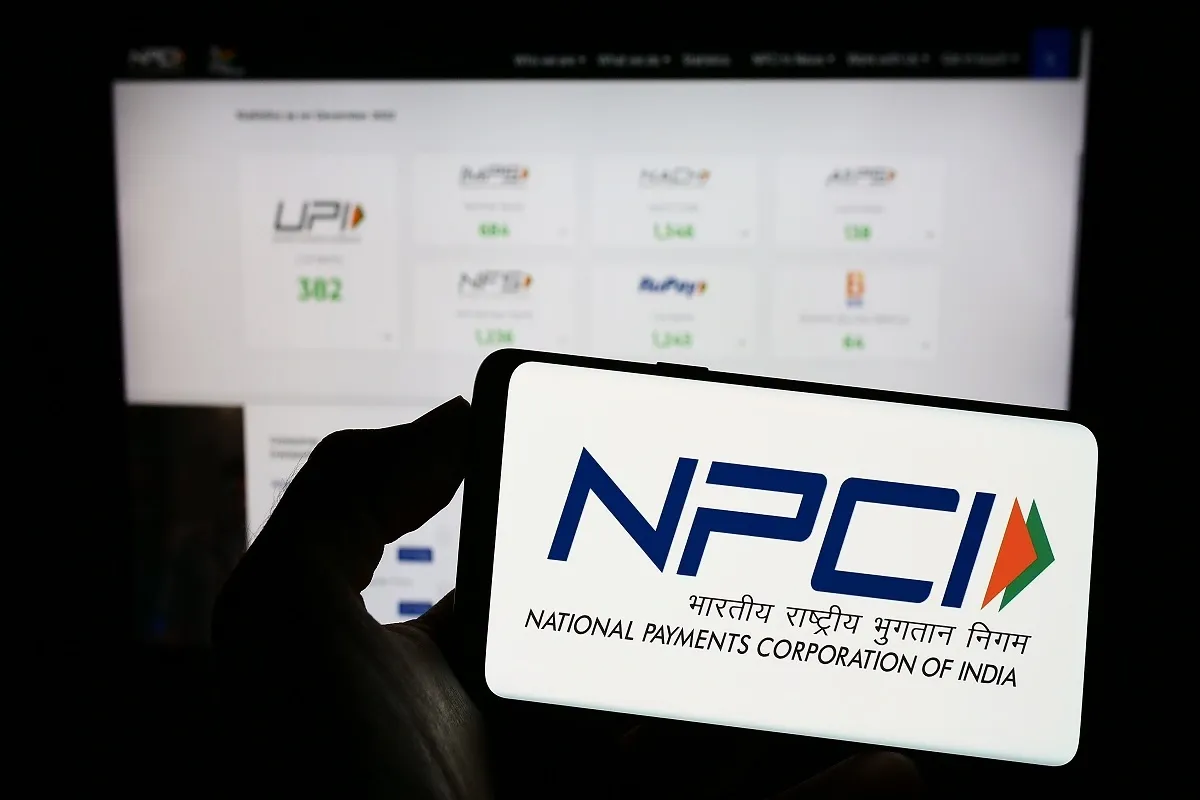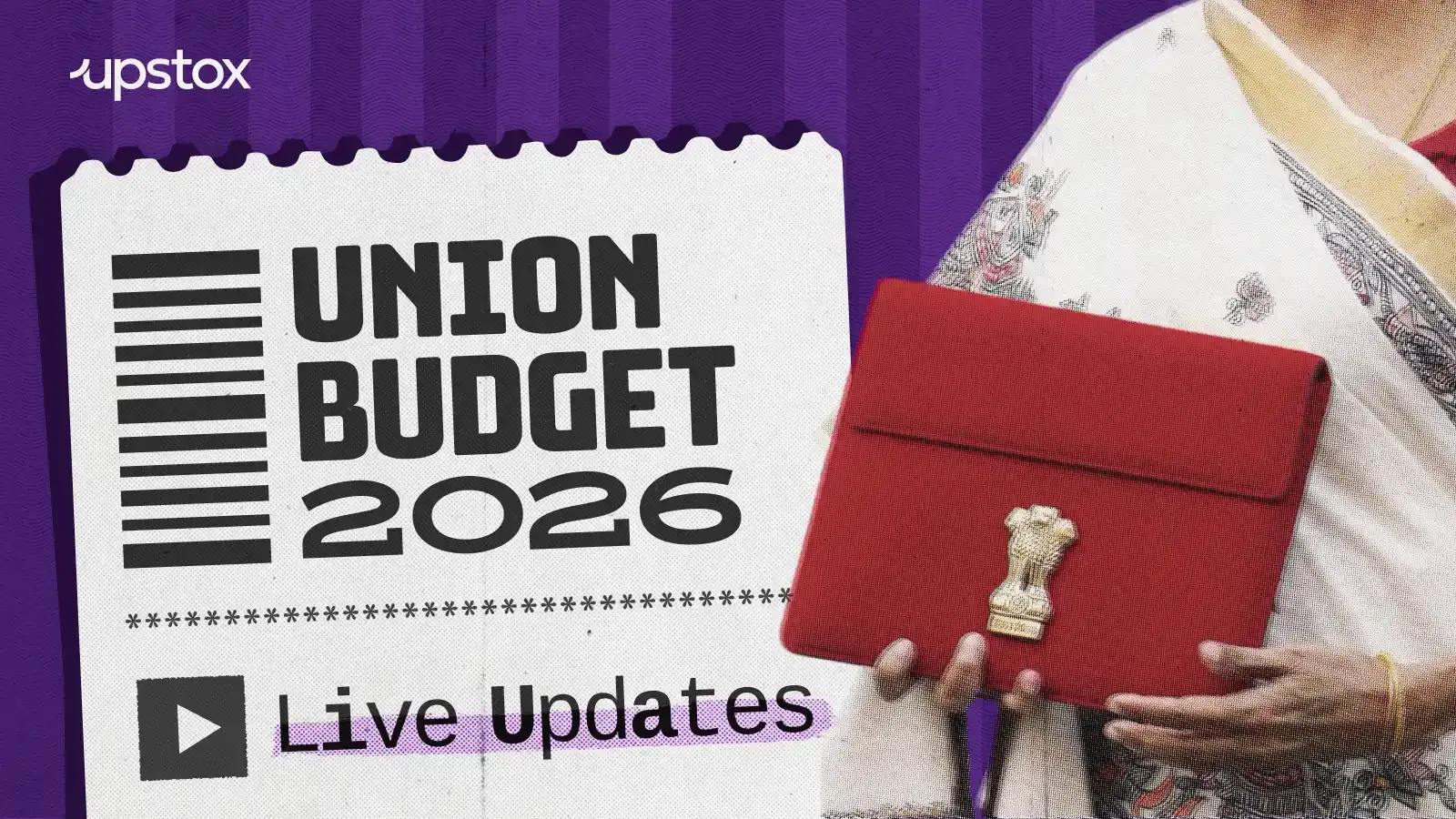Business News
New auto chargeback rule for UPI transactions to kick in from Feb 15; check all details

2 min read | Updated on February 13, 2025, 20:00 IST
SUMMARY
A chargeback can currently be raised on the same day of the transaction, so the beneficiary banks often fail to get enough time to process the returns. The auto acceptance/rejection based on TCC and RET will give more time to these banks to verify and process returns.

The NPCI has advised all the UPI member banks to note and inform the relevant officials about the update
The National Payments Corporation of India (NPCI) has introduced a new rule for Unified Payments Interface (UPI) transactions under which chargebacks will be automatically accepted or rejected on the basis of Transaction Credit Confirmation (TCC) and return requests (RET).
“[W]e are implementing auto acceptance/rejection of chargeback basis the TCC/RET raised by the beneficiary bank in the next settlement cycle after the chargeback is already raised. Note, this revised process is applicable only for bulk upload option & UDIR not in front end option,” the NPCI said in a circular dated February 10, 2025.
The changes will be effective from February 15, 2025.
The TCC confirms if the bank beneficiary bank has received the money before a chargeback is processed while a return request occurs when there is a dispute or an error in the payment.
What is a chargeback?
Chargebacks are successful UPI transactions that get reversed by the issuer, the acquiring bank, or NPCI due to disputes, fraud, or technical errors before the beneficiary bank processes the transaction. The chargeback process is initiated by the payer’s bank and once it is approved, the payer gets the money back. This creates problems as chargebacks happen even before the bank which is receiving the amount processes a return.
A chargeback can occur in many situations including when a customer raises a dispute regarding the payment, a customer gets charged for items not delivered, or errors in the transaction, among other reasons. It can also happen when a customer is charged twice for a single transaction.
A chargeback is different from a refund as for a refund, the customer has to raise a request with the service provider or with the business. Chargebacks, however, happen when the customer requests the bank to look over the transaction and solve the dispute.
“Chargebacks are often initiated by remitting banks before beneficiary banks can act on UPI-deemed approved transactions because the current process allows remitting banks to raise chargeback from T+0 onwards in URCS, due to which beneficiary banks are not getting sufficient time to reconcile and process returns (RET)/TCC proactively before a dispute is taking shape of a chargeback, there were instances where beneficiary banks have raised RET and didn’t check the status of returns they have been rejected because chargeback is already raised, and the chargeback has been closed on deemed acceptance basis along with RBI penalty,” the circular read.
By signing up you agree to Upstox’s Terms & Conditions
About The Author
Next Story

